If you have any powers of observation in the world of video games, you may have noticed a sudden explosion of the concept of drafting your tools to advance through a one-life-only run where you’re expected to die, a lot, and try again. Now there are a few signs as to why this appeals to me heavily – and I’m clearly not alone – so I thought I’d analyse this further.
A giant battleship known as Titanic Lance self-reflection approaches rapidly.

First thing here – I rarely finish games. This has been a long-running issue for me over time – Of the games I’ve owned that have a narrative to be completed, it would be a generous estimate to say I’ve completed 1% of them. Unless your core concept truly enraptures me, I will see a shiny thing in the corner of my eye, never to return. This leads to the Roguelike Deckbuilding niche in several ways. The game is never really ‘over’, as there will be escalating difficulty to deal with, curving with your power level. As such, I never feel that implied time commitment that comes free with every AAA story-centric game in my dysfunctional thought processes. I can have ‘just one more run’ – anywhere between 5 minutes and an hour – yet not carry the temporal debt of that run as I would progressing through 10% of a narrative arc.
Another important factor – I like to gamble. Adding stakes to an activity, much as you would in a busy arcade grinding Super Turbo, injects intensity and focus into a task. I can’t always generate that focus for myself organically – putting my playthrough at the edge of death at all times will induce more deliberate and thoughtful action.
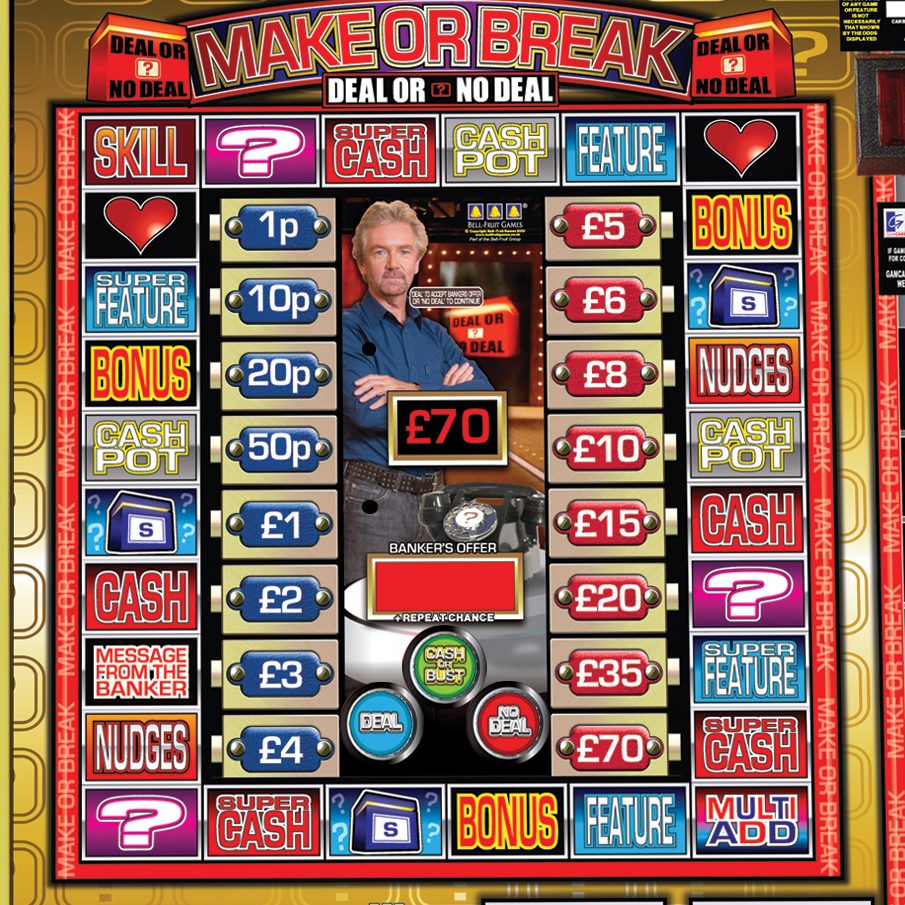
Being adaptable and nimble when put on my toes is something I value greatly. It will naturally happen on occasion, but my innate ability to stay (at least externally) cool under pressure is one I cherish. Randomised elements which can ratchet pressure in the blink of an eye allow flexing of these muscles.
If you need to distract me, give me a logic puzzle. Picross, Killer Sudoku, Hashiwokakero, Akari or a logic statements grid – all will keep me busy until I get overwhelmed by the difficulty or have in fact finished the puzzle already. If you gave me one every minute, I’d keep trying to solve them in the time I have but may rush past and make mistakes. Hey, what do you know? – I’ve just described my thought processing in a roguelike deckbuilding game. Here’s a new self-contained yet linked puzzle, in terms of a battle or even just selecting a card to add to my deck – solve this situation as optimally and safely as possible.
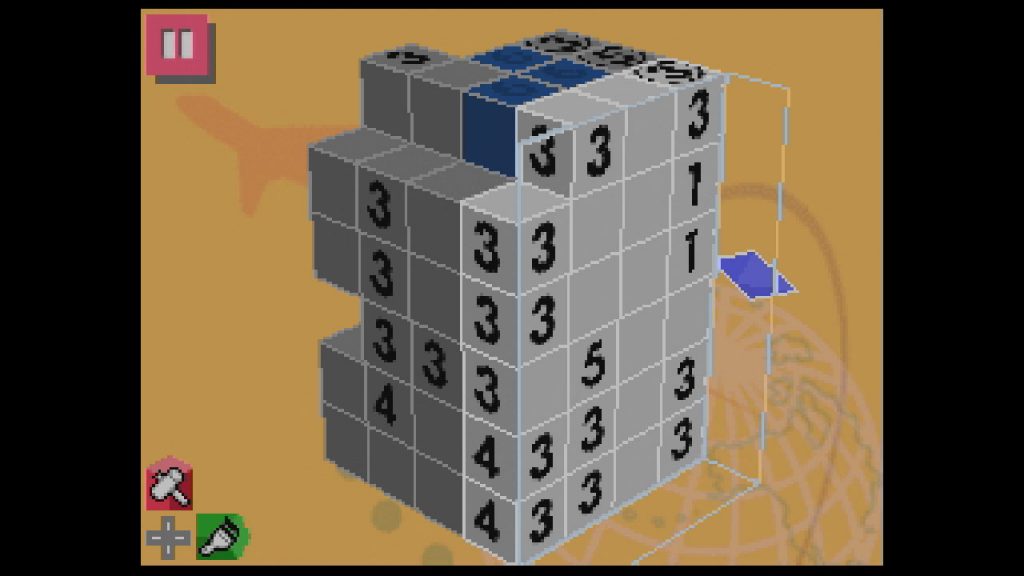
It’s not entirely limited to pieces of cardboard either. The central idea is being applied to novel concepts month after month. Golf, Hockey, Rent Slot Machine, Language Learning and bartering, Peggle-likes, Murder Chess, First-Person Speedrunning, and words. In many of these instances, your ‘deck’ is the combination of the rules you have selected to apply versus the rules thrust upon you by environment or opponent.
All of this falls down to one core thing – I have my most fun in the pursuit of the mitigation of luck. Accepting that sometimes the Gods just don’t want you to succeed is a harsh lesson we all have to be taught in life. At the same time, it can be combated by being versatile and forward-thinking enough about what may be around the corner. Every single decision you make in life, and in a roguelike, holds risk. Every single outcome you receive has an element of luck. It must be respected, and it must be accepted. If you ‘don’t believe in luck’, I can only assume that comes from a place of denial or privilege, and unless ignorance truly is bliss, I urge you to re-evaluate.
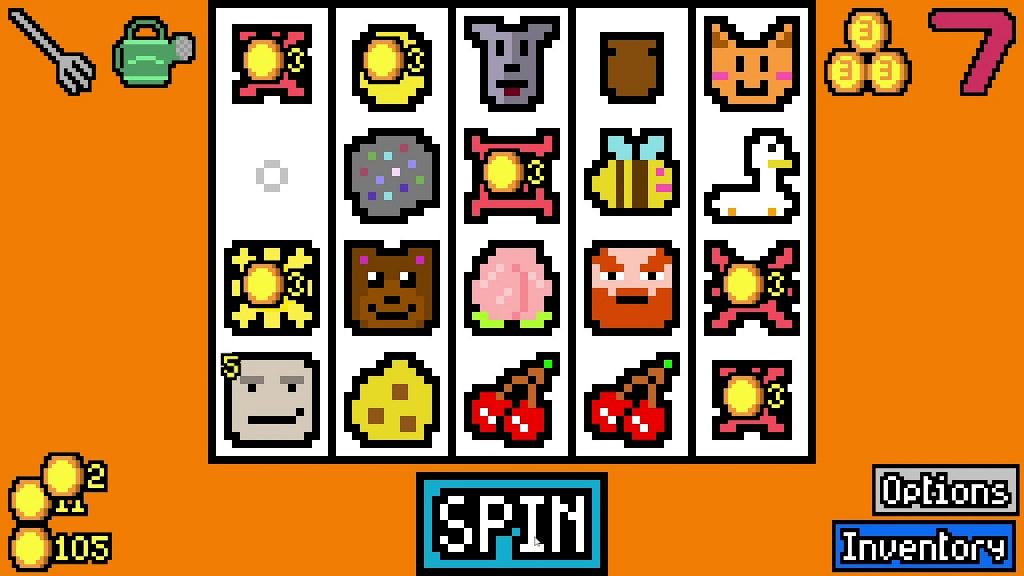
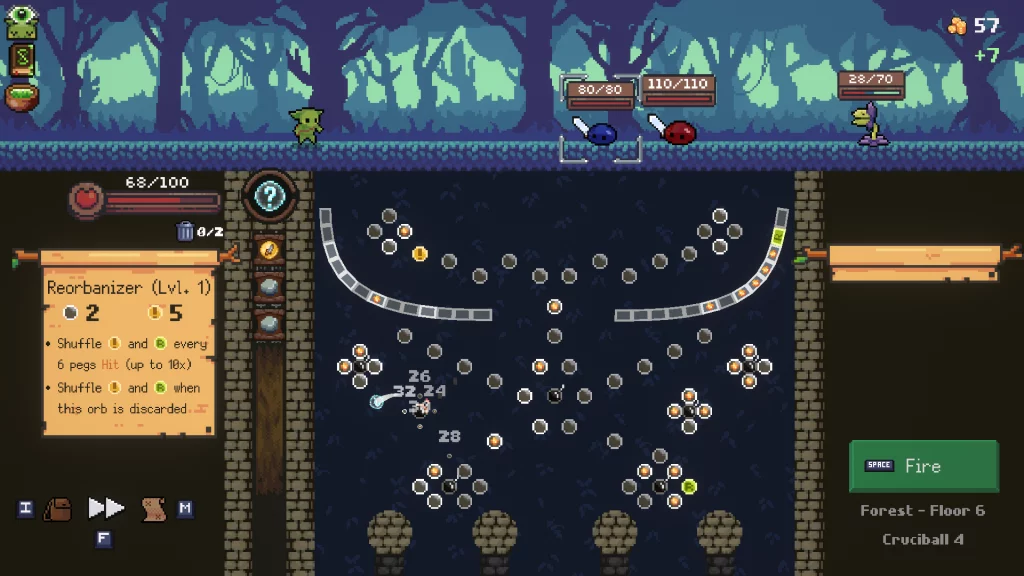
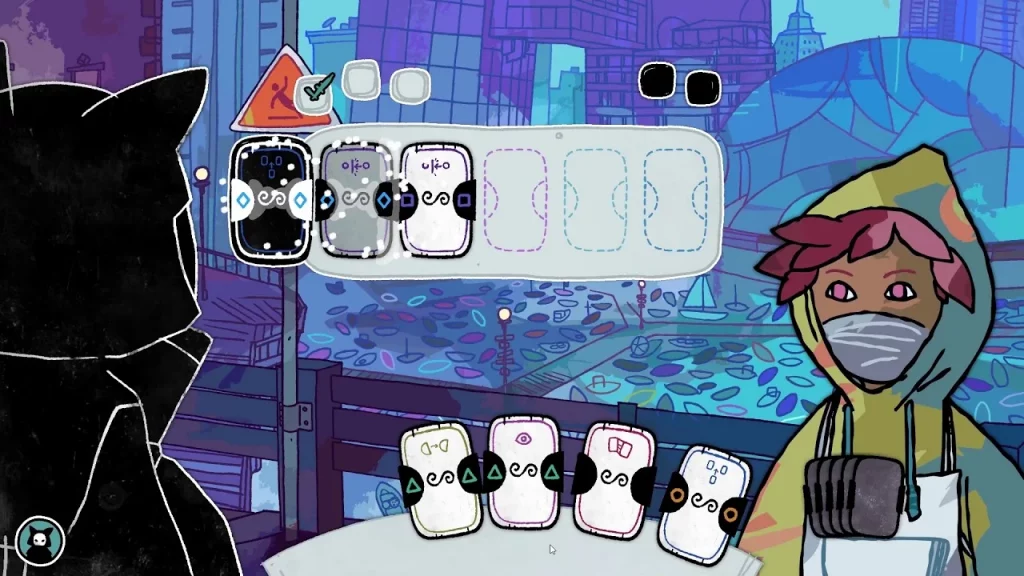
I play games searching endorphins – breaking the curve of a system in which you are aware of the rules and options but are given unpredictable, restricted access to these options is the ultimate rush. It doesn’t have to be immediate – on the contrary, the penalty of starting from scratch with some small amount of saved incremental progress in terms of what options you can access and at what scale encourages experimentation. It encourages adaptability. It rather literally insists that you play the hand you’re dealt, but implores you to consider the hand carefully – fixation on one tried and true method can rapidly be fatal.
In more grandiose terms – I want to tame, if not slay, entropy. A desire to embrace and redirect randomness and uncertainty – skirting dangerously with a God complex while also being acutely, miserably aware of my fragile mortality – except for the odd occasion in the microcosm of a round of Slay The Spire. That’s true power – locking down energy into the paths you manifest. We all want to be Gods in fantasy, on some level – video games provide that masquerade to its player more effectively than any other medium.
The tools of combat against luck are skill and knowledge. There are many different philosophies people employ to gain these attributes. My usual philosophy, for better or for worse, is to just try as I go. I’m not a massive player of 4X-style strategy games, and this speaks to why. I want to fly on the seat of my pants a majority of the time, taking my cues from the intrusive thought ‘Yeah but the payoff there could be HUGE…’ instead of a well-structured, pre-rehearsed gameplan. Roguelikes demand much less rote rehearsal.
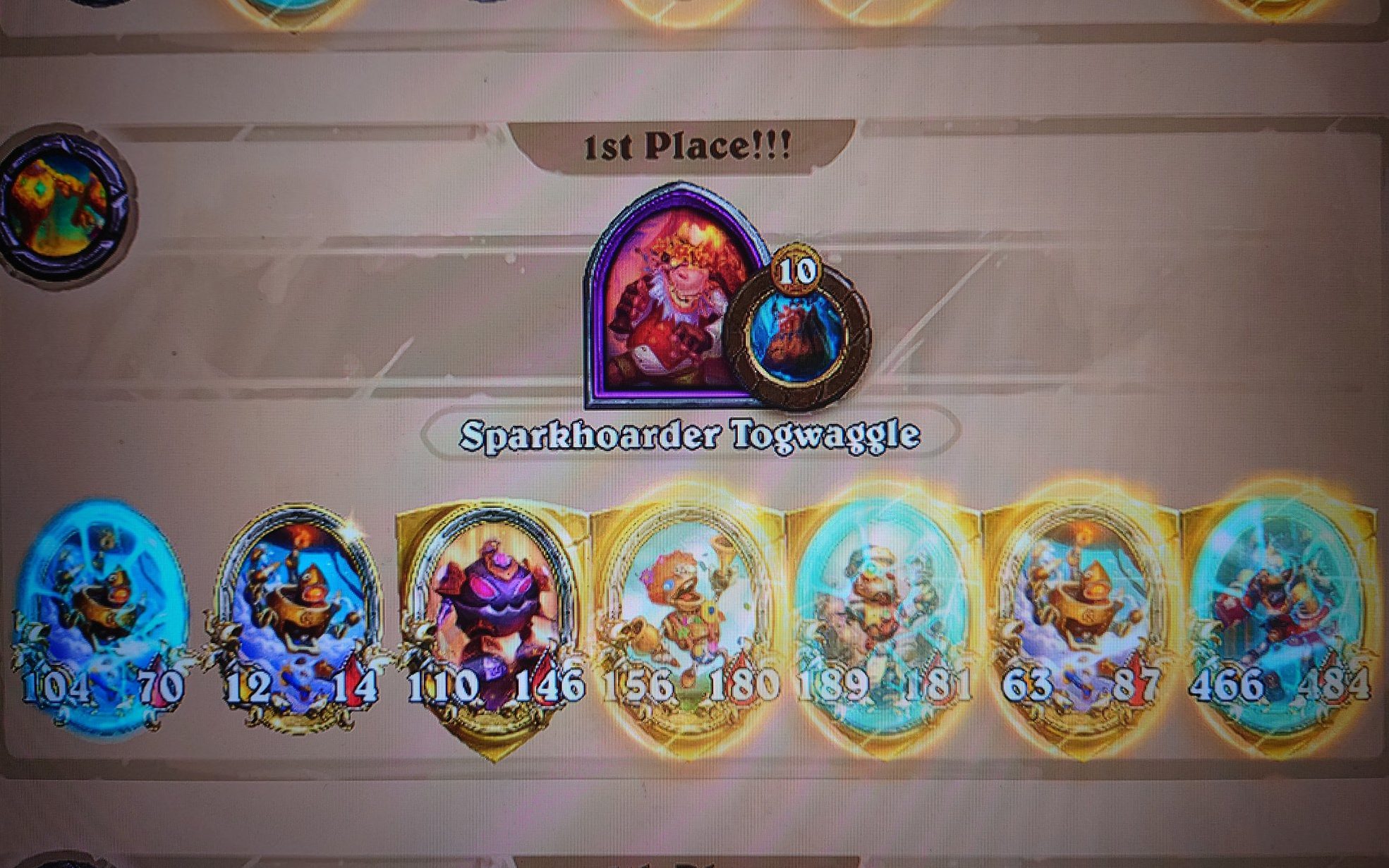
One final, vital point – as a journeyman fighting game competitor, I adore all forms of competition. I am aware that due to a lack of discipline with regards to grinding the incremental knowledge and muscle memory that is require for the elite level of fighting games, my metaphorical deck of cards is thinner than that of others. Hold on, thinner is a good thing in card games, usually, so let’s retool this metaphor. Unoptimised? Yes, that’s it. Less focused than many of my opponents. Labyrinthine analogy aside, my joy in competition derives from taking my simplified skillset – a deck missing its Aces (in a game where aces are high – please abandon this train of thought already, dummy), let’s say – and applying that as far as I can reach. The same can be said for roguelikes. Endeavouring to achieve with what is at my disposal while accepting my limitations – this is my aspiration in video games, and in life.
As I approach the vanishing point of rambling, I’ll test my luck (after trying to mitigate it by holding on to this discussion idea for months) and let this fly from here. See you in the card room!
